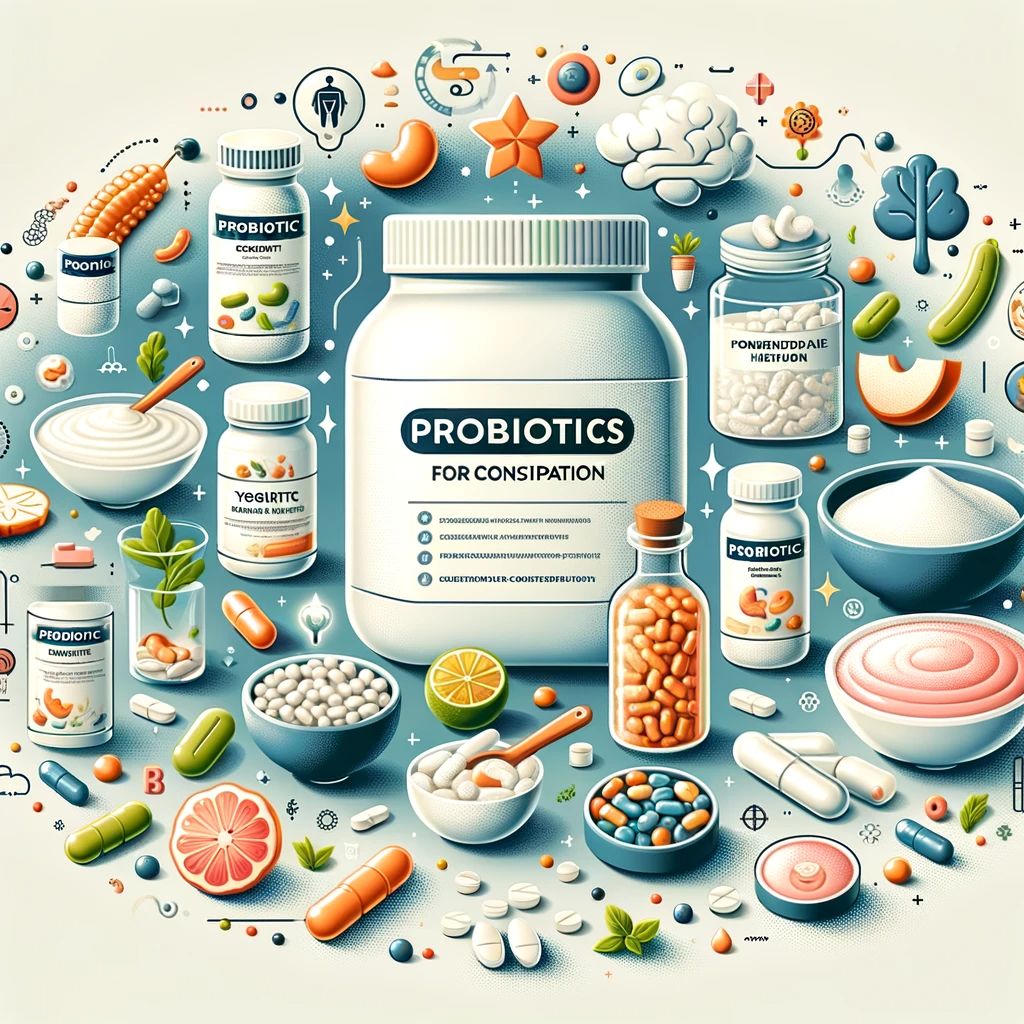Supplements like magnesium, fiber, probiotics, and senna may offer relief from constipation. However, it’s crucial to discuss with your doctor before starting any supplement, as interactions with medications and potential side effects should be considered. Remember, your doctor is there to help you find the best solution for your needs.


